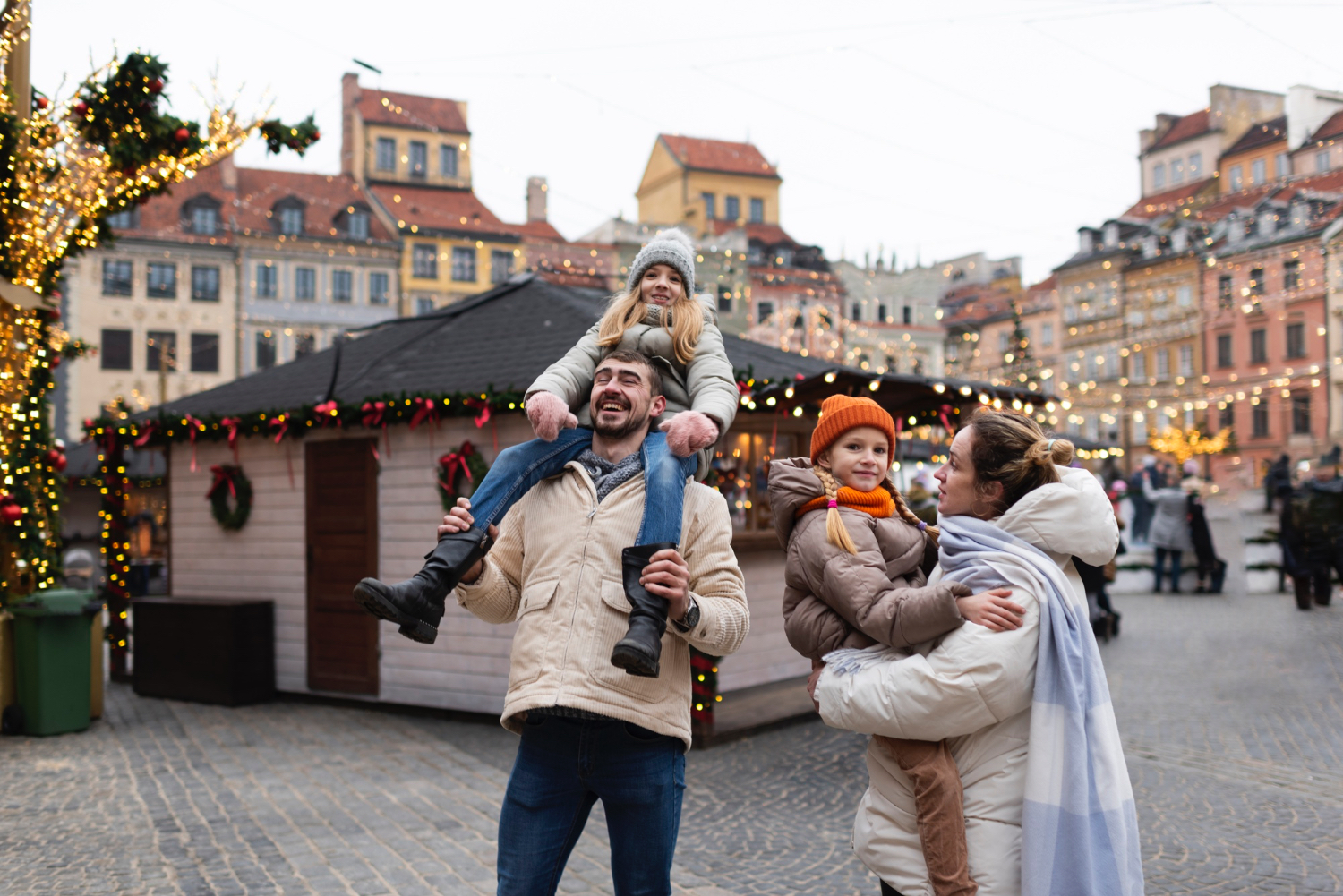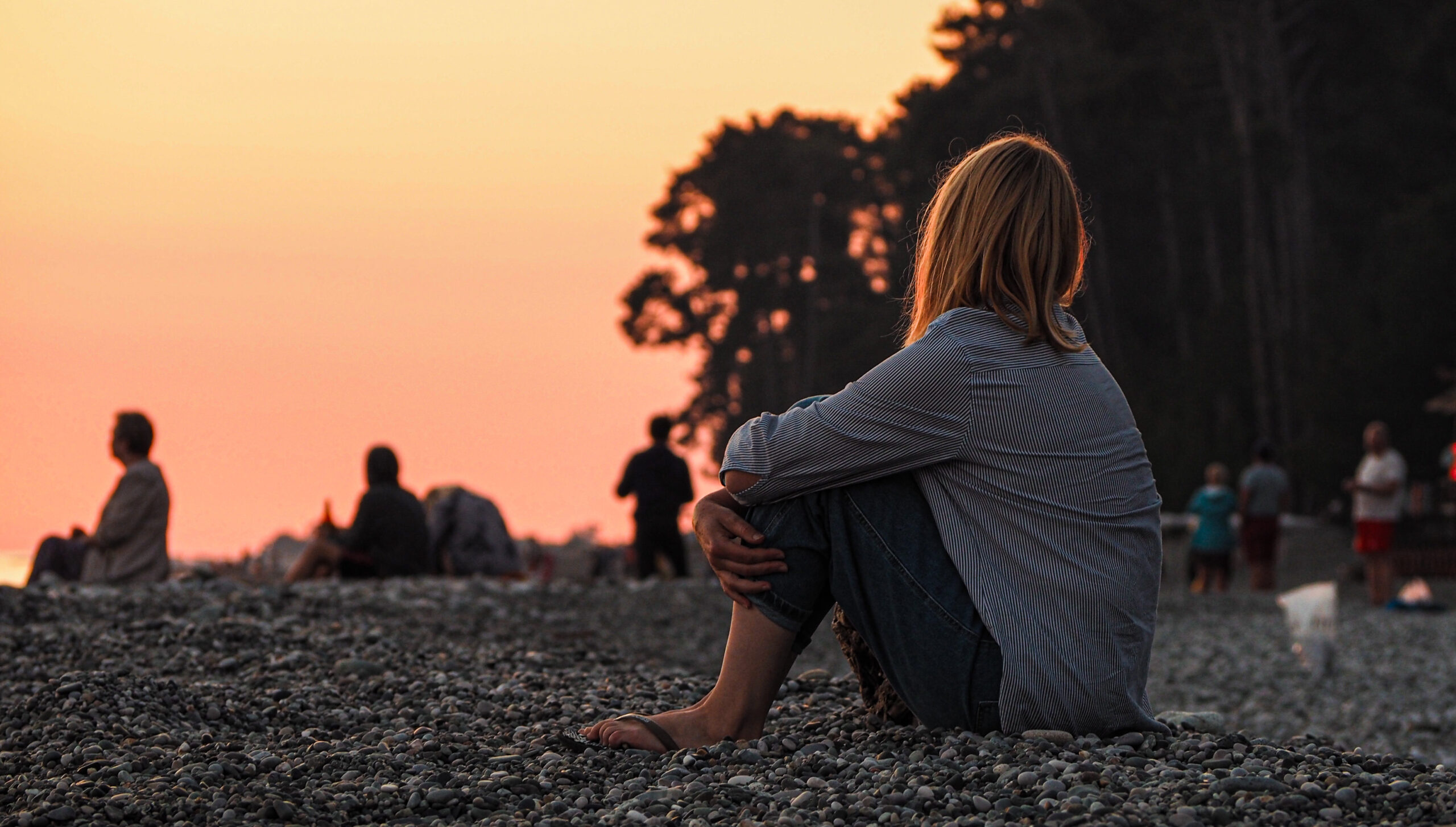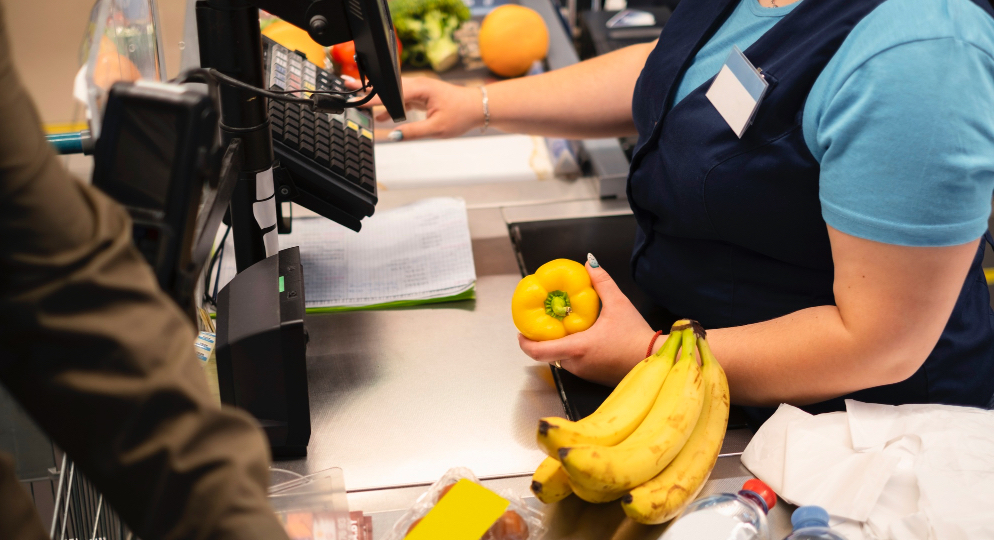Munich is a city, which combines old customs with the most advanced ways of living. This makes it attractive for people from all over the world. However, exciting as it may be to stay in such a place, dealing with landlords or tenants can also pose unique challenges. In this article we will use information shared by users on r/Munich subreddit to give an insight into how rental works in Munich; provide helpful tips and tell positive stories about both foreigners’ and locals’ experiences.
The Universal Struggle: Landlord Woes
Obviously conflicts between landlords and renters do not observe any geographical boundaries. Tenants across nationalities often deal with various problems when renting an apartment in Munich, starting from inflated bills for repairs to being shown a different unit than what was initially agreed upon just before signing contract. The situations narrated here range from those that are merely annoying because they waste time or money up to completely absurd ones which are reminiscent of fiction penned by Franz Kafka – showing us once again that the housing market can resemble neither roller-coaster nor merry-go-round but rather both simultaneously at Oktoberfest: full of thrills but impossible to predict.
A Common Thread: Legal Awareness is Key
One advice applicable to all people is that knowledge is power. This means that knowing what you are entitled to as a tenant can change the way landlords deal with you completely. The Mieterverein München and similar organizations are priceless for those who rent in Munich because they offer various resources, legal counsel and support during this difficult period. As some members of our community have said, simply stating your intention of consulting an attorney or being part of any tenants’ association might help bring about fairer terms in your negotiation with the landlord.
Documentation: A Must-do
It cannot be emphasized enough how important it is to document everything – whether through pictures, emails or official handover protocols. Not only does this systematic method provide physical proof should there be any disagreements but also indicates that you know your rights and are ready to defend them against abuses by landlords which may deter such acts from happening altogether.
The Role of Insurance
One more community tip is about using insurance. It can be a game-changer to have a comprehensive liability insurance policy (Haftpflichtversicherung) that covers rental property damage. What is more, the legal protection insurance (Rechtsschutzversicherung) gives tenants the ability to contest unfair claims without incurring prohibitive legal expenses.
Beyond Nationality: The Shared Experience
Discussions on the r/Munich subreddit highlight an important fact: nationality often does not matter when it comes to dealing with challenges of the rental market. Although expats may have to overcome language barriers or lack knowledge about local regulations, they share the essence of these difficulties with everyone else involved. This serves as a reminder that within this lively city, our shared experiences can serve as bricks for building up support networks.
Looking Forward: Embracing Munich as Home
Renting in Munich has never been easy but still people fall in love with the city. Its storied past, thriving arts scene and palpable charm make it hard for anyone not to feel pride towards this place they call home. For foreigners and Germans alike, finding accommodations marks just one chapter of their Munich life story which is characterized by resilience, togetherness and relentless pursuit of Heimat (a sense belonging).
Final Thoughts: Building Bridges, Not Walls
Renting in Munich may appear formidable but people should be prepared, aware and united. This is a journey of collective involvement. Mutual understanding will be fostered if we can share stories as well as give tips or even providing each other with moral support which contributes towards making the rental market more open, just and humane than it currently stands to be. Because these are times shared between overcoming challenges together while also understanding one another better; they truly represent what cities should look like – communities.
Anyone whether an immigrant or local person has to agree that dealing with landlords or tenants in Munich poses many difficulties. However, such moments help us grow stronger not only individually but also as friends who share common interests thereby creating a sense belongingness among ourselves while living this beautiful city called München.









